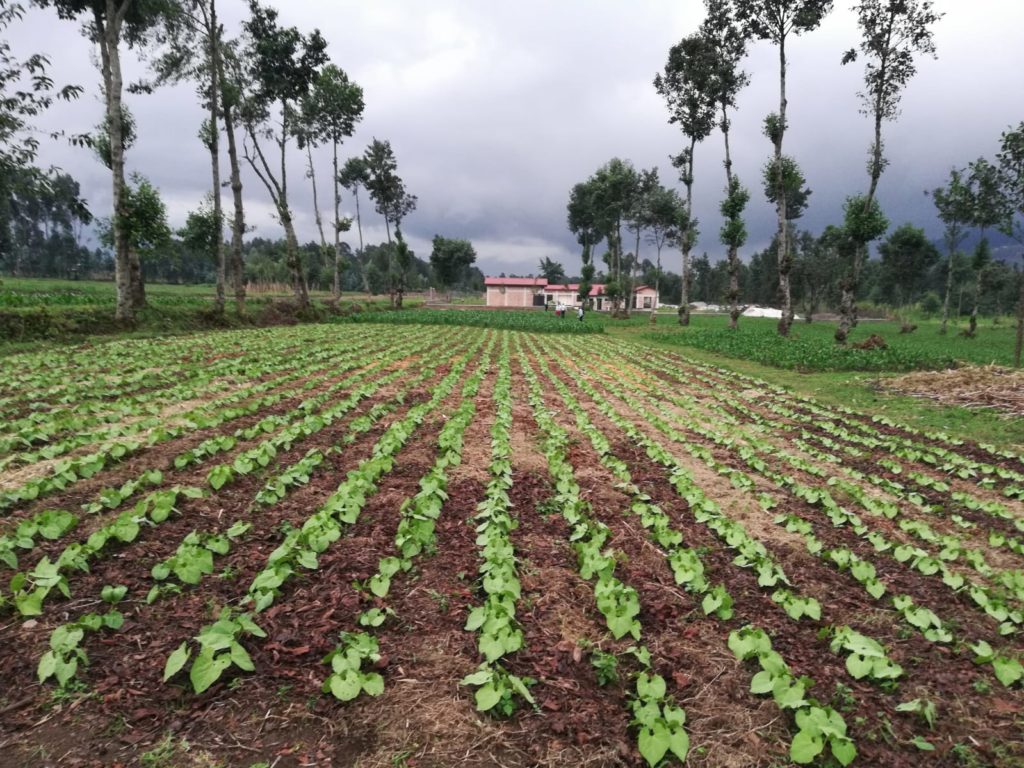
This fall, the staff and interns at B2R Farms planted ourfirst demonstration farm on the Busogo campus of the University of Rwanda College of Agriculture. Despite a season of unusually little rainfall, our 12 interns from the University of Rwanda are using FFF principles of mulching to retain moisture in the soil and combat weed pressure at all B2R demonstration farms. At the same time, they are learning about farm management and are pitching their one-hectare business proposals.
“We believe that by encouraging more educated young women and men to pursue entrepreneurial opportunities in agriculture, we contribute to improving this key sector of the Rwandan economy.“
– Rosine Ndayishimiye, Director of Training, B2R Farms

In 2019, B2R Scholars, Elias Kagabo (Trinity College) and Nadine Iradukunda (Ashesi University) founded Pellet Group, which seeks to increase crop yields and empower farmers by providing them with organic, affordable, and environmentally-friendly fertilizers.
Today, Elias and Nadine work alongside B2R Fellow, Larissa Isimbi Ndimbira (Hendrix College) and fellow colleagues, Eric Murwanashyaka (Earth University); Theoneste Niyomushumba (Ashesi University); and Jean Claude Nsengiyumva (Earth University), to collect organic waste from urban residences and restaurants and process them into organic fertilizer in the form of pellets. Their main objectives are to ensure that the fertilizers are produced in Rwanda, delivered on time, affordable for farmers, and contain sufficient nutrients required for the growth of most crops grown in Rwanda.
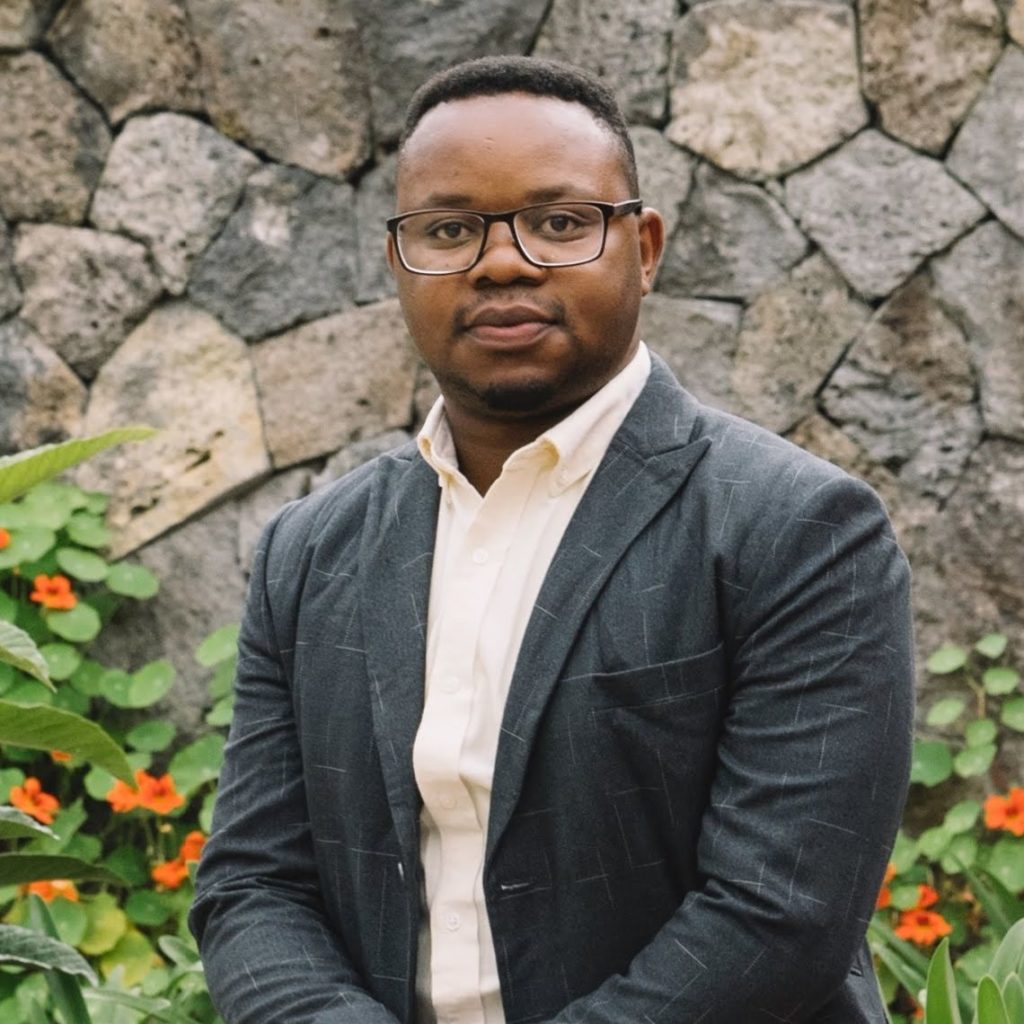
We are excited to announce that Yves Iradukunda has been unanimously elected to the B2R Board of Directors. Yves currently serves as Rwanda’s Permanent Secretary for the Ministry of Innovation and ICT, appointed by President Kagame in March 2020. With impressive educational and professional experiences, we believe his support and leadership as a board member will be invaluable to our fellowship of Scholars, Fellows and friends.
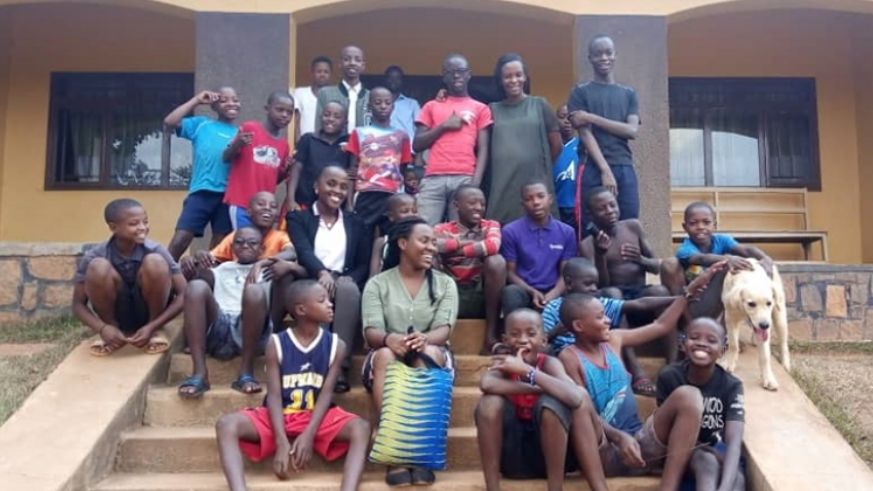
This summer, Nadine Iradukunda, a senior at Ashesi University, teamed up with fellow Mastercard Foundation Scholar, Marie Aimee Nirere, to create Healthy Us, a social venture to increase the well-being of orphans in Rwanda through a nutritional program.
The program focused on building kitchen gardens at Hope for Life orphanage to grow fruits and vegetables, including mushrooms, carrots, passion fruits, pineapples, and tomatoes, which are rich in protein and provide a balanced diet. They hope to expand the venture in the next two years to help orphanages across the country to support even more children.
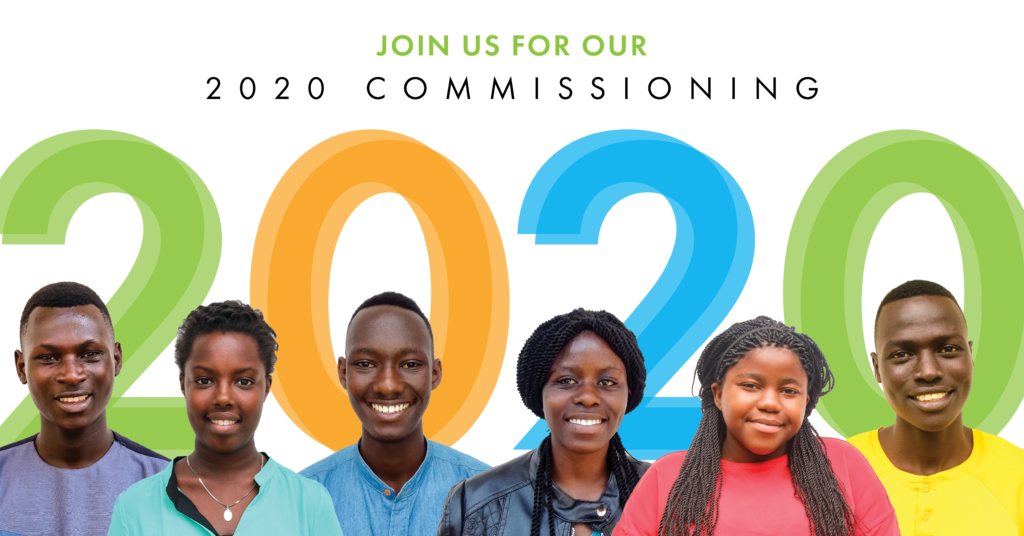
We celebrated the commissioning of our ninth cohort of B2R Scholars last month. The virtual event included speeches from Group 9 Scholars, Petra Celeste Iracanye and Christian Aime Rutwaza Tuyishime, as well as B2R Fellow and keynote speaker, Pacifique Rutamu, and other members of the B2R team. Watch the complete live stream today!
This month, the Rwanda Broadcasting Agency visited B2R Farms to highlight the results of our first maize and soybean harvest of the year. After implementing Foundations for Farming methods and techniques, the team was able to significantly increase yields, decrease exposure to crop diseases, and withstand the summer drought.
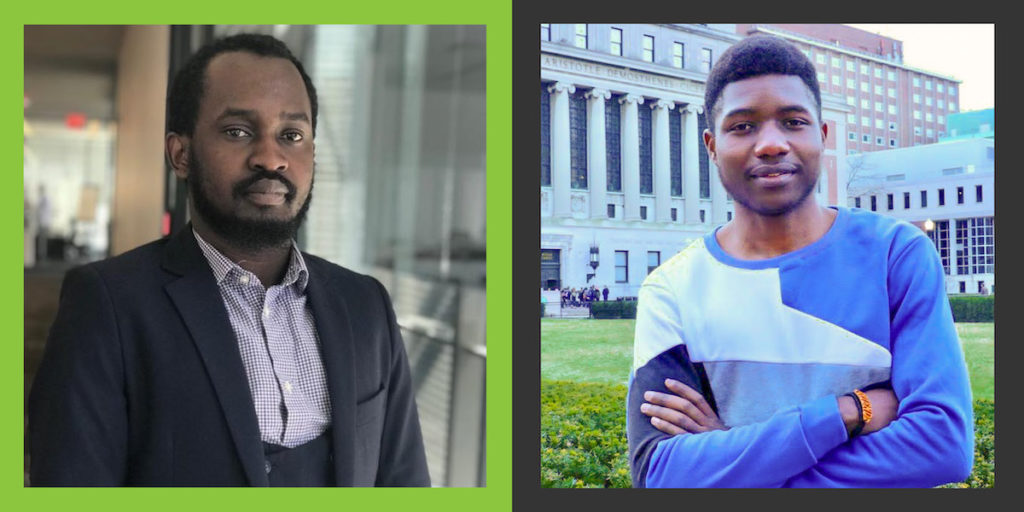
Due to COVID-19, Rwanda’s Ministry of Education (MINEDUC) has confirmed that all primary and secondary schools will restart their first-term in September. This summer, B2R Scholars, Biko Iryumugaba and Bienvenu Didace Irafashahave the opportunity to intern with MINEDUC to research and develop innovative solutions to address the challenges that the new calendar change presents
With roughly half a million students repeating Primary 1 this fall and the same amount starting school this September, their team is focused on finding innovative ways to “re-think” Rwanda’s education system to accommodate every student and make reforms to the current school curriculum.
“I am interested in decentralizing primary and secondary education systems and making them more community-based and locally contextualized. Education shapes our view of the lives we wish for. If education is to be an engine of development, it is very important that at those early stages students view their lives in the context of addressing their communities’ challenges and needs.”
– Bienvenu Didace Irafasha, Columbia University
“I am personally interested in decolonizing curriculum and this [internship] presents an opportunity to work on this idea. My hope is that I can work on it and perhaps achieve a decolonized curriculum for both primary and secondary students.”
– Biko Iryumugaba, Brown University
“The Lord disrupts all of our lives in some way in order to get our attention. It is in times of uncertainty that the Spirit is tapping us on the shoulder and saying, ‘”Look at me’.”
– DALE DAWSON, B2R FOUNDER & CEO
This month, B2R’s CEO & Founder, Dale Dawson, had the opportunity to speak at a webinar event hosted by Halftime Institute about “Finding Growth Opportunities Amid Disruption.” During the 30-minute webinar, Dale shared what he has learned through the “pruning process” and what he is doing in this current crisis to open the door for continual refinement.
B2R Fellow, Irene Kwihangana, graduated from Texas Christian University last year and is currently working as a mechanical engineer for CIMERWA, Ltd., a partner of Pretoria Portland Cement-PPCand the leading producer of cement in Rwanda.
As a mechanical engineer, Irene assists in planning, coordinating and solving technical problems in order to improve the reliability of the plant while minimizing costs. He also assists in doing analysis and technical writing the plant’s major equipment.
From the time I started my freshman year, I knew I wanted to work in Rwanda or somewhere in Africa. I wasn’t going to be a statistic contributing to Africa’s brain drain. For me coming back to work in Africa is a necessary sacrifice; it opens up opportunities to contribute meaningfully to the development of my home country.
I remember looking at a picture that was shared by a friend. The picture depicted old New York and new New York. The picture stuck in my mind and I remember telling myself, “We can do this in Rwanda and in Africa at large.
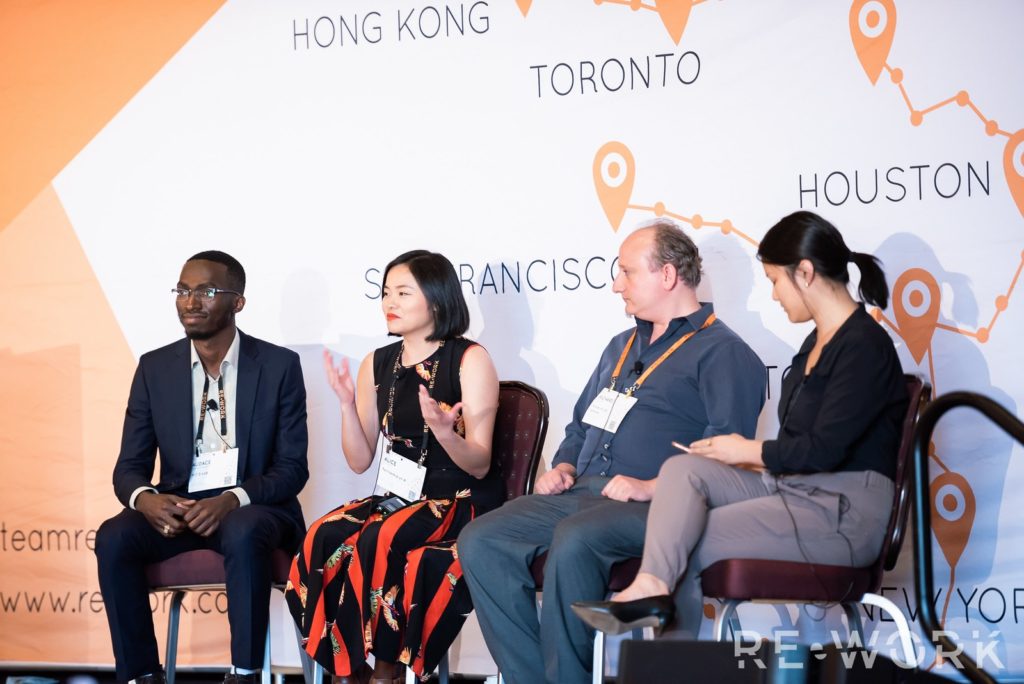
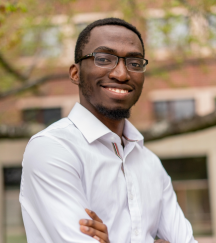
B2R Scholar and soon-to-be graduate of MIT, Audace Nakeshimana, has combined his passion for Teleradiology, Artificial Intelligence (AI) and Entrepreneurship through his start-up, Insightiv, which builds cutting-edge digital systems to tackle healthcare challenges in developing countries.
Given the severe disparity of medical specialists, such as radiologists, in developing countries, Audace developed a proven technology at MIT that uses AI to assist medical specialists in interpreting and diagnosing medical images and significantly improving patient care.
“Medical imaging is the backbone of modern medicine, because it allows healthcare practitioners to diagnose and treat internal diseases in a way that wasn’t possible before,” Audace said. “Unfortunately, there is a severe disparity in access to medical imaging specialists around the world, especially among radiologists whose job is to make interpretations of medical images for diagnosis or to perform interventions. “
The U.S. has approximately 100 radiologists per million of the population. Rwanda has less than 1 radiologist per million. These numbers are almost the same for all developing countries, especially in sub-Saharan Africa.
The implications of this are severe for patients who have to wait for weeks for diagnosis, leading to severe healthcare outcomes. In addition, radiologists are overworked and sometimes hindered in their ability to diagnose patients properly due to the overwhelming number in need of care.
“The moment I learned about this disparity and these consequences, I knew this is something I was meant to help fix. I am using AI as one of the technological tools to address the problem because studying at MIT and working at Google has taught me how it works. I’ve seen the potential this technology can have in improving efficiency in almost any domain.”
Audace returned to Rwanda last month to complete his last semester at MIT while launching a pilot for Insightive in Rwanda. This decision did not come easily, though. By the start of his junior year at MIT, Audace had already received a full-ride scholarship to pursue a graduate degree at MIT, an opportunity he fully intended to take.
“I had always known that I wanted to be an entrepreneur, but until recently, I usually saw myself as someone who wanted to get “all the education” and “make all the money” before I could take the risk of putting myself out there to start and run my company,” Audace said. “However, the older I get, the more I realize that there are a lot of problems, challenges, and opportunities – especially in our countries – that cannot wait.”
“Choosing to defer graduate school was a very difficult decision… However, when I started learning about the healthcare system in Rwanda and in the region, I realized that there are very urgent problems, and for us who are lucky to have the skills and resources to tackle some of the challenges, delaying even by a single day is really irresponsible. There are so many people we can help save by acting now and not waiting tomorrow.”
Moving forward, Audace is focused on operationalizing teleradiology and AI use in Rwanda. Having already developed the proven technology, the greatest challenge he faces will be getting healthcare professionals up to speed on the power and limitations of the technology and ensuring that the technology is used appropriately. Once the technology is adopted, Audace and his team will be able to serve and improve the healthcare outcomes of thousands, if not millions, of patients.
Insightiv is currently part of the MIT IDEAS Social Innovation Challenge and is in the running to win funding for a summer pilot in Rwanda. You can help Audace win funding – vote for his project! Voting closes on April 26.
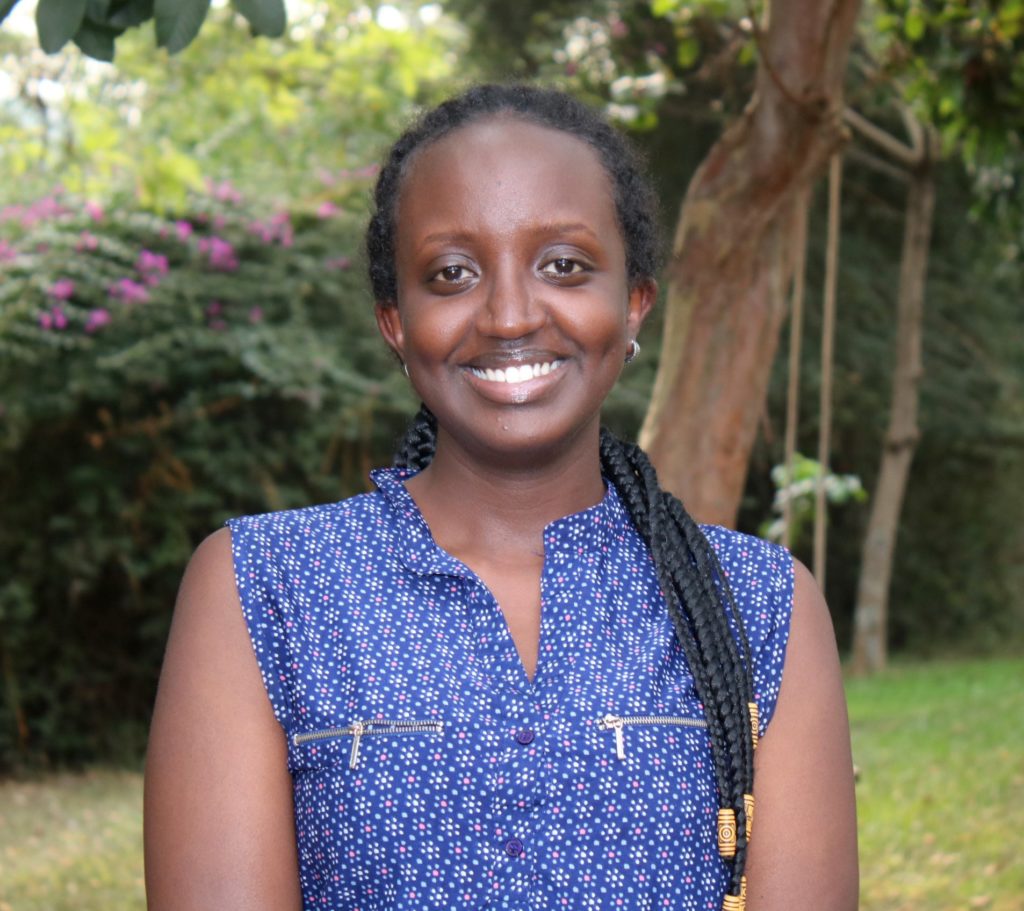
Meet Chelsea Uwase, B2R Scholar and rising junior at the University of Chicago, who interned at University of Global Health-Equity in the Vice Chancellor’s Office. Chelsea spent the summer conducting a research project to study the effects of climate change on vulnerable populations, more specifically pregnant women and young kids in developing countries.
“Working at the University of Global Health Equity, whose drive is to deliver care to the most vulnerable people in our communities, is a constant reminder that it is possible to think about systems where each and every one is included, even the ones that live in remote, under-resourced areas.”
She hopes that within the next five years she will be serving her community and contributing to solving the challenges that the health system in Rwanda is currently facing.
Chelsea is pursuing a Global Studies major with a concentration on Governance and Affiliations, and Cultures At Work.
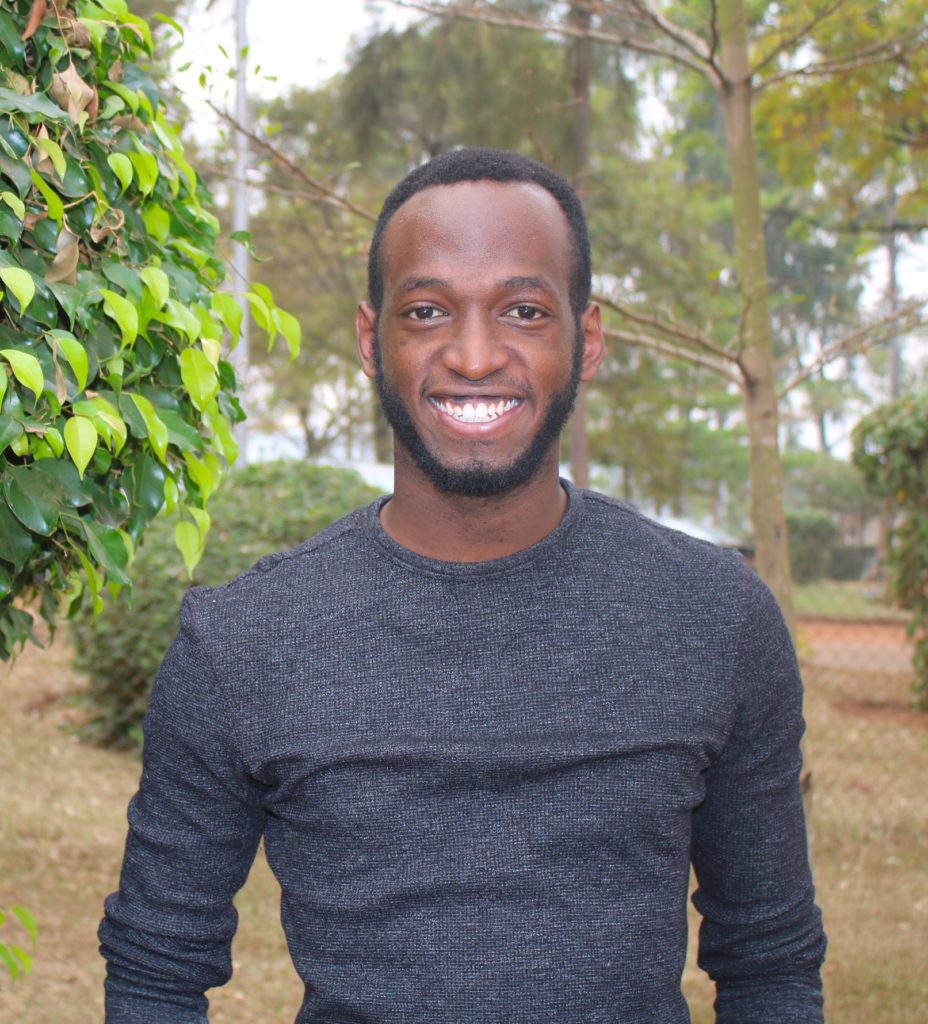
A rising senior at Georgetown University, Steven Mucyo interned with Dalberg Advisors this summer where he was exposed to different projects within his interests, including FinTech and financial inclusion. He is happy that his internship challenged him to use his academic knowledge and gave him confidence to believe in his ideas, despite his initial fears of making mistakes.
“I have learned that we are not expected to know everything, and we have to understand that growth takes time and deliberate effort. I also realized that being open to learning and asking questions could make work easier and more enjoyable.”
Steven is a Finance and Operations and Information Management (OPIM) double major and a French minor and hopes to run a business with his family in the future.